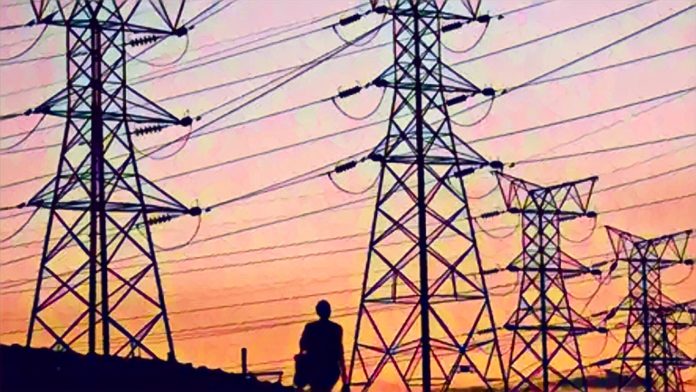Key Ponts
-
Power supply drops below 4,000MW during Dangote-PENGASSAN standoff.
-
Union warns strike could spread if talks with government fail.
-
Businesses fear outages will worsen Nigeria’s fragile economy.
Nigeria’s electricity production fell below 4,000 megawatts for the second day in a row, making it even harder for homes and businesses that are already dealing with rolling blackouts. The drop in sales happens at the same time as a growing labour dispute between the Petroleum and Natural Gas Senior Staff Association of Nigeria (PENGASSAN) and Dangote Industries Limited, which is Africa’s largest industrial group.
The standoff, which started on Tuesday and is now in its second day, has workers blocking access to parts of the $20 billion Dangote Refinery in Lagos, which is the largest oil-processing facility in Africa. PENGASSAN says the refinery has not kept its promises to recognise unions and take care of its workers.
Power supply falls below 4,000MW
At noon, the Transmission Company of Nigeria (TCN) reported that national generation had dropped to 3,865MW, down from an average of 4,400MW last week. Nigeria’s installed generation capacity is over 13,000MW, but the grid rarely delivers more than 5,000MW because of technical and operational issues.
“This drop comes at a very bad time for businesses,” said Professor Wumi Iledare, an energy economist at the University of Port Harcourt. “It shows how weak the power sector still is and how quickly industrial disputes can have effects on the whole economy.”
PENGASSAN and Dangote trade insults
According to a report by Vanguard news, PENGASSAN President Festus Osifo said that members were “pushed to the wall” after management refused to meet with them again and again. He said that if the government doesn’t step in, the union might expand its protest to include other important oil facilities.
Dangote Industries said the claims were “baseless and politically motivated.” Anthony Chiejina, the company’s chief communications officer, said that the refinery follows all labour laws and accused PENGASSAN of “trying to destabilise operations at a time when Nigeria’s energy security is very important.”
The refinery, which started up in 2024, is expected to be able to process up to 650,000 barrels of crude oil per day when it is fully operational. This is a key step in reducing Nigeria’s dependence on imported fuel.
Businesses are worried about the effects on the economy as a whole
The Manufacturers Association of Nigeria (MAN) said that if the power supply got worse, prices would go up and competition would go down.
“Power is still the biggest problem for production,” said Francis Meshioye, president of MAN. “If generation stays below 4,000MW, a lot of factories will have to cut shifts or use diesel generators, which are expensive.”
The fight over the removal of fuel subsidies by President Bola Tinubu’s administration shows how fragile the situation is between labour unrest, refinery politics, and Nigeria’s long-running power crisis.



